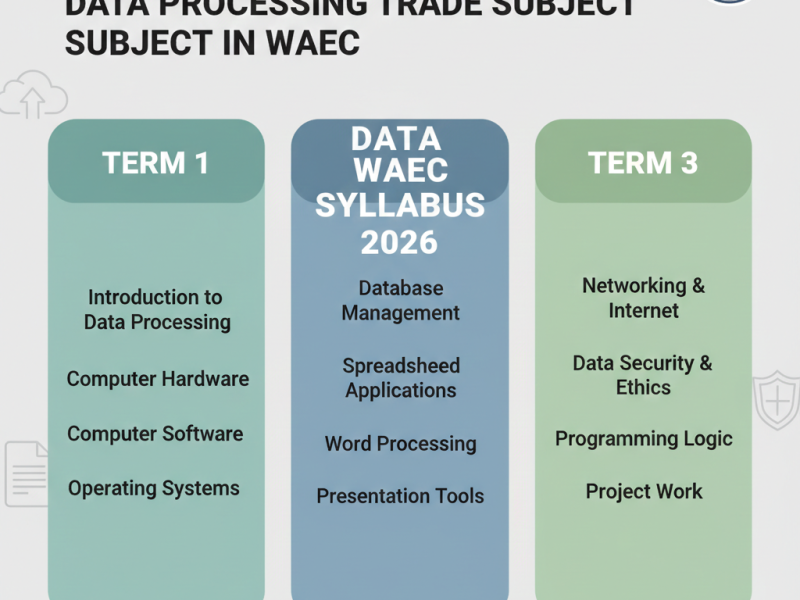Debate on Homework Should Be Banned
Homework has been a staple of the education system for decades, but the debate on whether it should be banned is more heated than ever. As students, parents, and educators weigh the pros and cons, it’s clear that this discussion is vital to shaping the future of education. Let’s delve into the history, arguments for and against homework, and explore potential middle-ground solutions.

History of Homework
The concept of homework dates back to the early education systems where it was seen as a way to reinforce what was taught in the classroom. Over the years, homework has evolved, with varying amounts and types being assigned based on educational theories and societal expectations.
Purpose of Homework
Homework is intended to serve several educational purposes:
- Reinforce classroom learning
- Promote discipline and time management
- Prepare students for future academic challenges
However, its effectiveness and impact on students have come under scrutiny.

Arguments for Banning Homework
Stress and Mental Health Issues
One of the primary arguments for banning homework is the significant stress it places on students. The pressure to complete assignments can lead to anxiety and depression. Prolonged stress from excessive homework can also cause physical health issues, such as headaches and sleep deprivation.
Impact on Family Time
Homework often eats into valuable family time, reducing the opportunity for parents and children to bond and engage in meaningful activities. This strain can lead to a weakened parent-child relationship, as homework becomes a source of conflict and stress.
Inequality Among Students
Not all students have equal access to resources needed to complete homework effectively. Socio-economic disparities mean some students lack a quiet place to study, necessary materials, or parental support, putting them at a disadvantage compared to their peers.
Limited Effectiveness in Learning
Studies have shown that excessive homework does not necessarily lead to better academic outcomes. In fact, it can be counterproductive, leading to burnout and disengagement. There are more effective ways to enhance learning, such as interactive classroom activities and personalized instruction.

Arguments Against Banning Homework
Homework as a Discipline Tool
Proponents argue that homework teaches important life skills such as time management, responsibility, and accountability. These skills are essential for personal development and future success.
Preparation for Higher Education
Homework is seen as a crucial component in preparing students for the rigors of college and university. It helps students develop the ability to handle an academic workload independently, which is a key factor in higher education success.
Development of Independent Learning Skills
Homework encourages independent learning and critical thinking. By working on assignments outside the classroom, students learn to solve problems on their own and develop a deeper understanding of the material.
Middle Ground Solutions
To address the concerns associated with homework, some suggest a middle-ground approach:
Reducing Homework Load
Limiting the amount of homework can alleviate stress while still providing educational benefits. This balance ensures students have time for extracurricular activities and family.
Quality Over Quantity
Assigning fewer, but more meaningful, homework tasks can enhance learning. Quality assignments that promote critical thinking and creativity are more beneficial than repetitive, rote tasks.
Customized Homework Assignments
Tailoring homework to individual student needs and capabilities can help address the issue of inequality. Customized assignments can ensure that all students are challenged appropriately without feeling overwhelmed.
Global Perspectives on Homework
Homework policies vary worldwide. In countries like Finland, minimal homework is assigned, and the education system is highly effective. On the other hand, countries with heavy homework loads, like South Korea, face high student stress levels. These comparisons highlight that the quantity of homework does not directly correlate with educational success.

Conclusion
The debate on whether homework should be banned is complex and multifaceted. While homework can teach valuable skills and prepare students for future academic challenges, its drawbacks, including stress, impact on family time, and perpetuation of inequality, cannot be ignored. A balanced approach that reduces homework load, focuses on quality, and customizes assignments may offer a viable solution that addresses both sides of the debate.
FAQs
Is homework beneficial for young children?
Homework can be beneficial for young children when it is age-appropriate and not excessive. It should reinforce learning in a way that is engaging and not stressful.
How can homework be made more effective?
Homework can be more effective by focusing on quality over quantity, making assignments meaningful and relevant, and ensuring they are appropriately challenging for each student.
What are some alternatives to traditional homework?
Alternatives to traditional homework include project-based learning, interactive classroom activities, and technology-based assignments that encourage collaboration and critical thinking.
How does homework affect students’ social lives?
Excessive homework can limit students’ time for social interactions, extracurricular activities, and hobbies, potentially leading to a lack of balance in their lives.
What role should parents play in homework?
Parents should support and guide their children without taking over their assignments. Creating a conducive study environment and encouraging good study habits are key roles parents can play.


